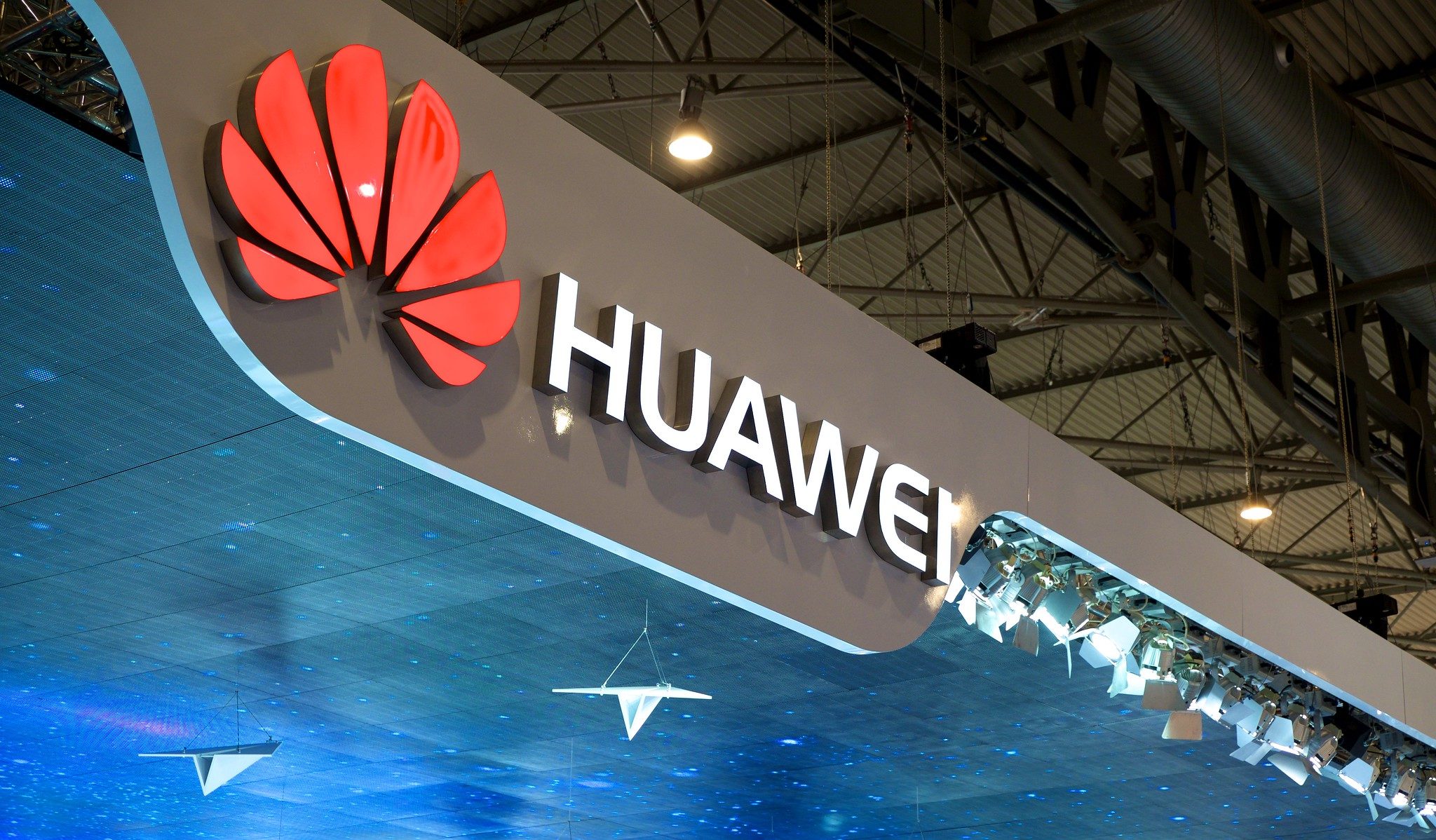Don’t EU Want Me Huawei? What Plans for Our 5G Network Signal About Post-Brexit Britain
by James Meadway
4 February 2020

Boris Johnson’s approval of Huawei for use in (parts of) the UK’s developing 5G network is a more decisive moment in our post-Brexit future than is perhaps realised. But it also points towards the increasingly large role for the state in the digital economy as neoliberalism slowly expires.
For a number of years, the US has alleged that Huawei (owned, in a complicated fashion, by its employees) is deeply connected to the Chinese Communist party and the Chinese state – charges Huawei has always denied, but which have been considered sufficient for the US to ban the supplier from key tech sectors and apply pressure to its close allies to do likewise. Australia and Japan have both applied bans to Huawei in their own 5G networks.
But the European Union has approved Huawei equipment for use, subject to some restrictions, and in the UK the House of Commons science and technology select committee had already rejected a ban last year, whilst the intelligence and security committee argued a ban would be counterproductive on the grounds that further reducing the number of companies able to install 5G infrastructure would leave them more, not less, vulnerable to attack.
Since 2010, the UK has operated the unique but little-known Huawei Cybersecurity Evaluation Centre (HCSEC) on a secure site in Banbury, Oxfordshire. This was established precisely to allow cybersecurity experts to probe Huawei equipment. Paid for by the company itself, HCSEC’s assessments have previously found serious flaws in Huawei’s code, but without suggesting malicious intent; it is this decade of expertise that has allowed government ministers to claim the UK has a significant advantage over similar economies in understanding this particular ‘high-risk vendor’.
But the truth is that decisions over the use of any tech supplier, here and across the world, are driven by economics: Huawei has a major cost advantage over its nearest competitors (Nokia, Ericsson, Samsung and China’s state-owned ZTE), and the technical advantage that its installation requires fewer new aerials – important for those countries, like the UK, with restrictive planning rules. With global telecom giants – themselves largely indifferent to alleged national security concerns – offering dire warnings of the potential losses and missed opportunities from failing to deploy 5G as rapidly as possible, Huawei held the decisive advantage.
It is the economics that matters most here. The digital economy is turning much of the received wisdom and logic of neoliberalism on its head. Where once multinational companies outgrew their home markets – General Motors or Toyota, say, selling cars far beyond the US or Japan – and competed internationally, the digital economy is driving huge winner-takes-all contests. The digital giants aim to entirely occupy a market, and anything adjacent to it; the economics of data itself, the raw material of the digital economy, encourage this process: Facebook or Amazon maintain their position by gathering as much information as they can from their users and monetizing it. Artificial intelligence, in its current form of machine learning – dependent on the fast processing of massive datasets – reinforces this tendency. The more data that can be scraped in, stored and processed, the bigger the commercial advantage.
5G, by massively increasing the sheer volume of data that can be transmitted wirelessly, will be a further step-change in the digital economy. Cheap, ubiquitous sensors mean every device that exists – every manufactured object, in fact – has the potential to move online. The number of connected devices globally is currently around 15bn; this is forecast to rise to 75bn by 2025. This global multitude of smart devices is expected to generate 90 zettabytes of data annually – significantly larger than the 66 zettabytes produced by the entire internet in 2018. (A zettabyte, incidentally, is a trillion gigabytes.) All of this can be expected to accelerate the existing tendencies in the digital economy towards monopoly.
Huawei owes its technological edge to the huge resources the company has committed to research and development – $73bn in total over the last decade, with spending on 5G specifically amounting to more than the sums spent by Huawei’s nearest competitors combined, according to the company. Much of this would appear to be directly funded by the Chinese state itself, with Huawei alleged to have received up to $75bn in various forms of subsidy. Whilst developed economies in the West have started to ramp up both R&D spending, and direct support for technology through ‘industrial policy’, they generally lag behind.
Predictably, the UK is seriously adrift in this respect, and has been for some time: it was Thatcher’s decision to privatise British Telecom that trashed UK high-speed communications research, and it was Theresa May’s decision to allow the sale of chip designer ARM Holdings to Japan’s Softbank that meant the UK lost control of its one remaining world-leading tech company. In a global environment moving beyond neoliberalism, states are taking an increasingly active role in supporting what they see as strategically important sectors. Indeed, some of this new Conservative government’s decisions have already been strikingly interventionist.
But the Huawei decision has implication not only for technological sovereignty. Huawei’s partial approval came despite warnings from senior US officials that it would jeopardise a post-Brexit US-UK trade deal. Meanwhile, Britain’s planned introduction of a ‘digital services tax’, targeting low-tax high-tech multinationals, has led to US threats of tariffs being imposed. France, which was planning to introduce a very similar levy on US data giants’ activities, postponed implementation after the US threatened to introduce heavy import duties on French goods, including cheese and champagne. For all the rhetoric of introducing a ‘Canada-style’ trade deal with the EU – thus allowing far closer trading relations with the US – at least some of the UK government’s actual decisions at present are pointing towards an end-point much more closely aligned with the EU.
James Meadway is an economist and Novara Media columnist.